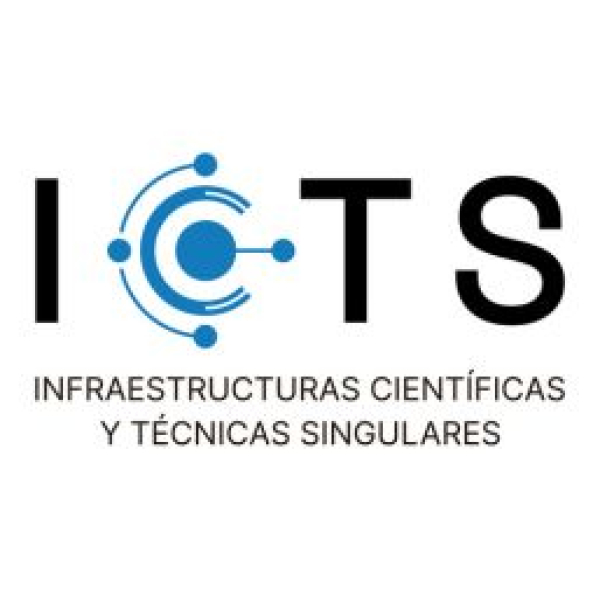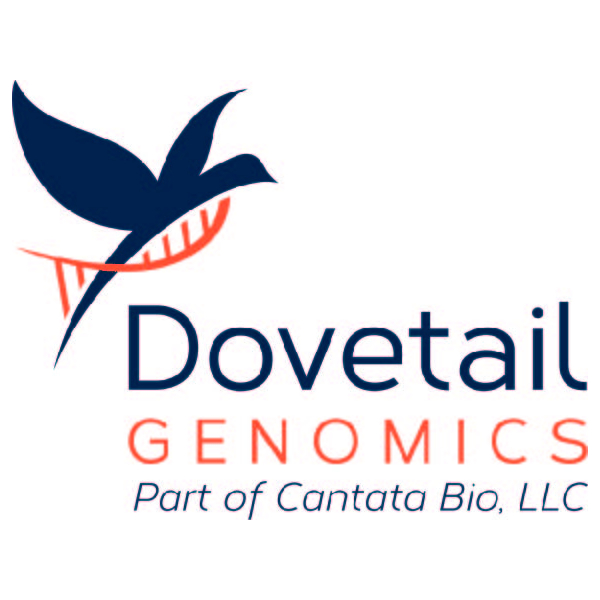- The revolutionary method, named METALoci, developed by Dr Marc A. Marti-Renom (CNAG, CRG) and Dr Juan Antonio Rodríguez (CNAG), has enabled the discovery of new genomic factors involved in sex differentiation, including a previously unknown non-coding regulatory region at the Fgf9 locus and the...
The Centro Nacional de Análisis Genómico (CNAG) has named Lluís Solà as its new General Manager, marking a key moment as the organisation embarks on a new chapter of growth after fifteen years of sustained excellence.
With over two decades of experience across the public research ecosystem and...
The Centre Nacional d’Anàlisi Genòmica (CNAG) has recently joined the Cluster of Research Excellence – Genomics for Health in Africa (CoRE-GHA), a consortium of leading research institutions from the African Research...
February 11th, 2026. MICIU and CNAG, together with the European initiative EASIGEN-DS, yesterday marked the 25th anniversary of the Human Genome Project at an event in...
This exceptional finding may serve as a precedent for developing gene therapy strategies for the treatment of this type of disorder.
A study led by...
- Researchers from the Centro Nacional de Análisis Genómico (CNAG) have launched the first cellular atlas of inflammation, an exhaustive framework that includes the analysis of more than 6.5 million blood cells from over 1,000 healthy individuals and patients across 19 diseases.
- The...

















